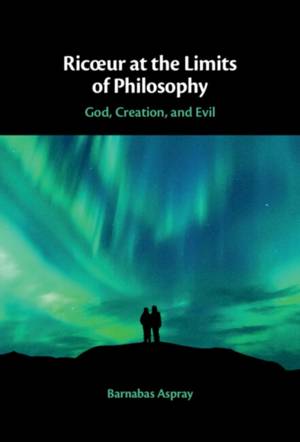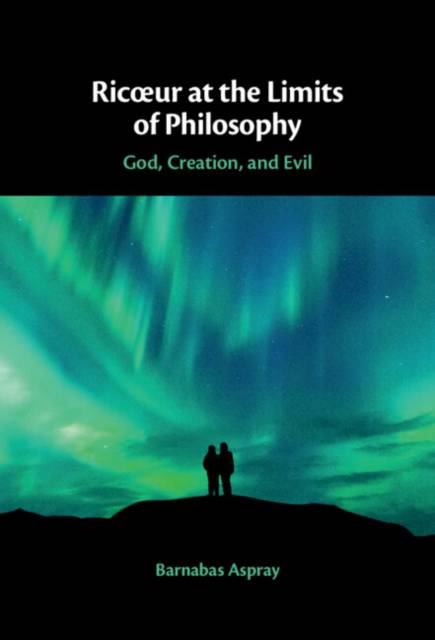
- Afhalen na 1 uur in een winkel met voorraad
- Gratis thuislevering in België vanaf € 30
- Ruim aanbod met 7 miljoen producten
- Afhalen na 1 uur in een winkel met voorraad
- Gratis thuislevering in België vanaf € 30
- Ruim aanbod met 7 miljoen producten
Zoeken
€ 152,95
+ 305 punten
Uitvoering
Omschrijving
Can finite humans grasp universal truth? Is it possible to think beyond the limits of reason? Are we doomed to failure because of our finitude? In this clear and accessible book, Barnabas Aspray presents Ricoeur's response to these perennial philosophical questions through an analysis of human finitude at the intersection of philosophy and theology. Using unpublished and previously untranslated archival sources, he shows how Ricoeur's groundbreaking concept of symbols leads to a view of creation, not as a theological doctrine, but as a mystery beyond the limits of thought that gives rise to philosophical insight. If finitude is created, then it can be distinguished from both the Creator and evil, leading to a view of human existence that, instead of the 'anguish of no' proclaims the 'joy of yes.'
Specificaties
Betrokkenen
- Auteur(s):
- Uitgeverij:
Inhoud
- Aantal bladzijden:
- 260
- Taal:
- Engels
Eigenschappen
- Productcode (EAN):
- 9781009186742
- Verschijningsdatum:
- 25/08/2022
- Uitvoering:
- Hardcover
- Formaat:
- Genaaid
- Afmetingen:
- 152 mm x 229 mm
- Gewicht:
- 553 g

Alleen bij Standaard Boekhandel
+ 305 punten op je klantenkaart van Standaard Boekhandel
Beoordelingen
We publiceren alleen reviews die voldoen aan de voorwaarden voor reviews. Bekijk onze voorwaarden voor reviews.







